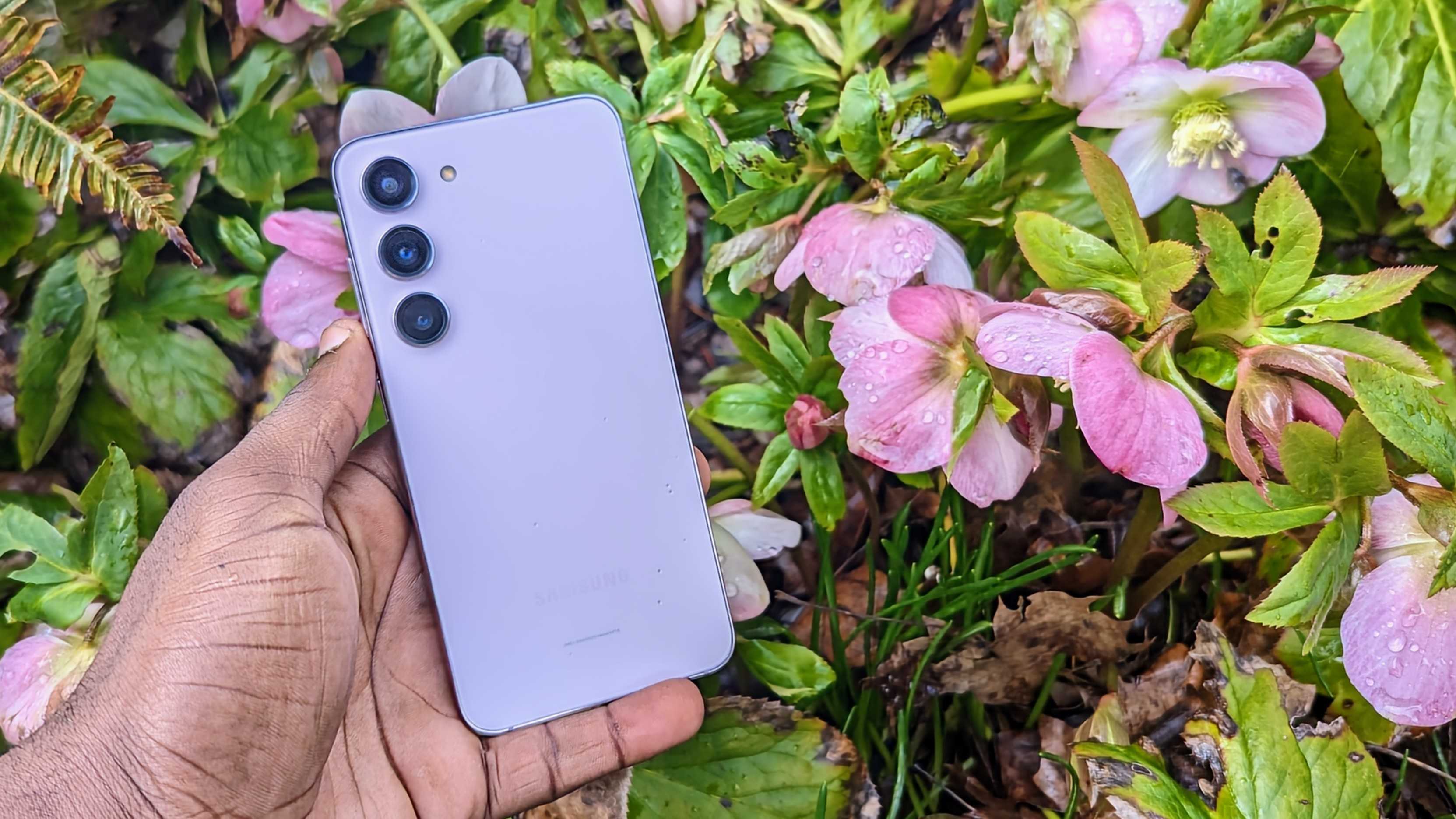Huawei soon losing access to Android updates, Google apps, after Trump trade ban [Updated]

What you need to know
- Huawei won't receive access to future Android updates
- Future Huawei smartphones may not be certified for Google services like Gmail or Maps
- Current timeline for restriction delayed to August 19, 2019
- Move comes after Huawei was added to U.S. trade blacklist following Trump executive order
Update 3: The U.S. Commerce Department has granted a temporary license for Huawei, restoring its ability to operate existing networks and provide software updates to devices.
The temporary general license is specifically aimed at letting Huawei support existing customers and devices, rather than continue development of future products using software, technology or components from U.S. companies. The license is set to run until August 19, 2019, buying Huawei time to operate somewhat normally and ease the burden on consumers and businesses that currently work with Huawei.
Details are not yet fully available, but the expectation is that this temporary license would not allow Huawei to, for example, work with companies like Google on future versions of Android or Qualcomm on future smartphones.
Update 2: Huawei has furnished an official response, stating that it will continue to roll out security updates and after-sales service to all Huawei and Honor devices. The Honor 20 global launch is also scheduled to go through unchanged on May 21:
Huawei has made substantial contributions to the development and growth of Android around the world. As one of Android's key global partners, we have worked closely with their open-source platform to develop an ecosystem that has benefitted both users and the industry.Huawei will continue to provide security updates and after-sales services to all existing Huawei and Honor smartphone and tablet products, covering those that have been sold and that are still in stock globally.We will continue to build a safe and sustainable software ecosystem, in order to provide the best experience for all users globally.Plus, nothing has changed for HONOR. We will be having our exciting launch event tomorrow in London for HONOR 20 Series.
Update 1: Google has clarified that Google Play services and Play Protect will continue to work on Huawei devices:
For Huawei users' questions regarding our steps to comply w/ the recent US government actions: We assure you while we are complying with all US gov't requirements, services like Google Play & security from Google Play Protect will keep functioning on your existing Huawei device.For Huawei users' questions regarding our steps to comply w/ the recent US government actions: We assure you while we are complying with all US gov't requirements, services like Google Play & security from Google Play Protect will keep functioning on your existing Huawei device.— Android (@Android) May 20, 2019May 20, 2019
Original story follows:
Reuters reports that Google has put gears in motion to stop working with Huawei on future Android updates and device certifications after an executive order and subsequent U.S. Commerce Department blacklist made it difficult for certain companies to pursue business with U.S. entities.
Be an expert in 5 minutes
Get the latest news from Android Central, your trusted companion in the world of Android
Google is merely complying with the trade blacklist, on which Huawei and 68 of its subsidiaries were placed last week. The ban was enacted when Huawei was placed on a so-called Entity List, which bars the company from purchasing equipment from U.S. companies without prior government approval, something the Commerce Department is unlikely to give in the near future. The Trump administration has accused Huawei of working with the Communist Party of China to undermine international networks by potentially installing backdoors in network equipment. No proof of such vulnerabilities has been made public.
Because of the trade ban, companies like Google, Qualcomm, Intel, and NVIDIA are not allowed to sell or make deals with companies on the Entity List; Huawei relies on Google for access to the closed portions of Android, as well as its Play Services suite, which must be approved for every phone a manufacturer releases. According to Reuters, Google won't retroactively remove Play Services support for existing phones, but it will no longer provide software updates for them, and it won't certify new phones. Huawei already released a list of phones to be updated to Android Q, but it's unclear whether those devices will receive it once it's released to the public later this summer
Huawei isn't barred from using Android's open-source components, which are freely available to any organization so long as they abide by the licensing terms. Huawei uses Android's open source libraries, also known as AOSP, to build EMUI's core codebase as well as release updates to its phones in China, where Google services are not available.
More likely: This is just leverage and eventually Huawei will get permission to do business with Google, Intel, MS, etc. After all, US worked things out with ZTE last year, and the real concern w.r.t. Huawei is about infrastructure, not phones.More likely: This is just leverage and eventually Huawei will get permission to do business with Google, Intel, MS, etc. After all, US worked things out with ZTE last year, and the real concern w.r.t. Huawei is about infrastructure, not phones.— Alex Dobie (@alexdobie) May 19, 2019May 19, 2019
It's not clear whether the U.S. government intends for this to be a death blow of sorts to Huawei's western prospects — it also has a thriving PC business where it purchases components from Intel and NVIDIA — or if the trade ban is to be used as leverage with China in trying to reach better terms on an overall trade deal with the country.

